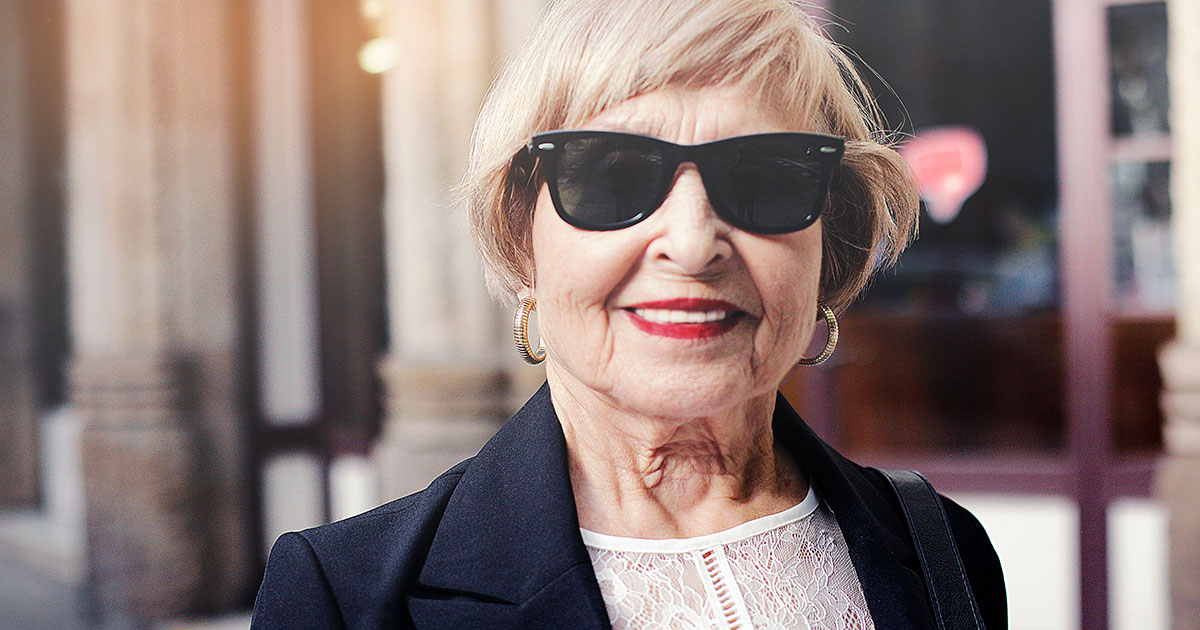
As senior lawyers, we all have a valuable subject-matter expertise that has taken us years and lots of effort to obtain.
That subject matter expertise has been critical to our careers, but many of us (including me) have specific legal expertise that doesn’t translate directly to community service.
We wonder how we can do useful work in our communities. Are we a good fit for community service? What have we learned as lawyers that can be useful to our community?
I’ve talked to many senior lawyers about this issue, and explored the theory that lawyers develop skills and know-how that, regardless of legal specialty, would be useful in a variety of organizations.
Two senior lawyers in particular – Bennett Berson, Quarles & Brady partner retired after 30 years in the Intellectual Property Group, and Steve Sorenson, shareholder at von Briesen & Roper, who counsels clients on corporate law, business and estate planning, and municipality issues – sat down with me and shared their ideas.
Both attorneys have been successful in applying their experience as attorneys to community work. Steve has been a member of multiple municipal and county boards, including planning commissions, zoning committees, sign committees and growth initiatives, and Bennett is now the very busy president-elect at his synagogue.
Senior Lawyers Know How to Problem-solve
Bennett and Steve both agreed that problem-solving is one of the most important skills that senior lawyers develop.
 Jean Baker, U.W. 1990, is a retired Quarles & Brady partner who practiced in the Intellectual Property Group for over 30 years. She has been a board member of the Senior Lawyers Division for several years.
Jean Baker, U.W. 1990, is a retired Quarles & Brady partner who practiced in the Intellectual Property Group for over 30 years. She has been a board member of the Senior Lawyers Division for several years.
Through long and hard – and sometimes unwanted – experience, most senior lawyers learn to expect and deal with situations that occur in almost any endeavor, and this makes them a good choice for many community leadership positions.
Experienced lawyers are not afraid of pointing out complications that can occur under any given circumstance, because they are not afraid of working through a solution – either by using their own knowledge or finding someone who has that knowledge. That’s what they’ve done their entire career!
Senior Lawyers Know How to Listen and Evaluate
Steve pointed out to me that lawyers are trained to listen to all sides of a conflict and then reflect and understand consequences before reaching a conclusion. This is particularly useful on a municipal or community board, where the personalities of community members on different sides of an issue can threaten to overwhelm logic.
Steve reminded me that lawyers are trained to evaluate an issue and not just capitulate to the person with the loudest voice.
Senior Lawyers Know How to Resolve Conflicts
A key area of lawyer training is learning to work with organization members to reach a resolution to a conflict that is at least minimally acceptable by all parties. Lawyers are trained to work toward a resolution and not just kick a problem down the road.
Bennett remarked that lawyers are trained to take in a situation, understand the issues, and act thoughtfully to work problems through to a resolution. He mentioned that in many community organizations, such as religious communities, it’s important that there is community acknowledgment and respect for the adjudication, because an unresolved conflict may quickly lead to many more and greater problems.
Most senior lawyers, regardless of their legal specialty, have learned through trial and error to supply the right amount of gravitas and conciliation, so that decisions can be respected – or at least tolerated – by those affected.
Senior Lawyers Know How to Adapt
We are in a time when the effects of COVID-19 are causing great turmoil in community, and religious groups that are accustomed to in-person communication. Senior lawyers, who have been through many changes in communication style and technology, are in a good position to help.
A common stereotype of older lawyers is an inability to handle change, especially change involving communication and technology – but I would argue that the truth is just the opposite. We senior lawyers have all practiced in the era of telephones and typewriters, and now we’re successfully using Zoom and the internet. We’ve handled more communication change in our professional lifetimes than younger lawyers can imagine, and we’re in a good position to help organizations imagine the next steps.
Senior Lawyers Are Needed
Interested in helping?
Steve tells me that one quick way to get involved in municipal boards is to view the website of your specific town, village, or county, and look for a list of unfilled positions. They need your help!
Bennett’s advice for community organizations, such as religious or arts organizations, is to watch for opportunities to volunteer for issues that interest you, and work up from there.
This article was originally published on the State Bar of Wisconsin Senior Lawyers Division
Blog of Experience. Visit the State Bar
Divisions page or the
Senior Lawyers Division webpage to learn more about division membership.
